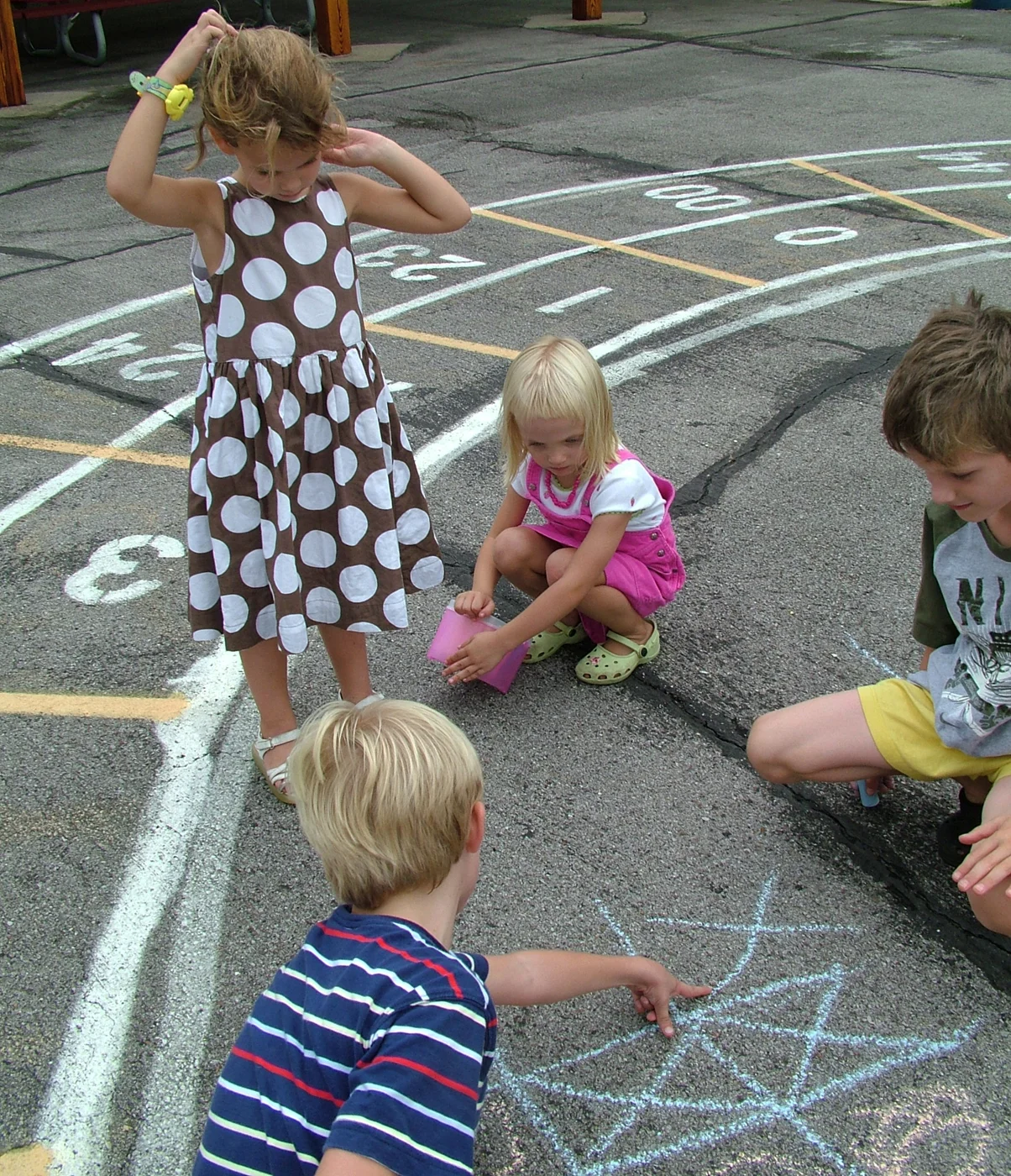On Tuesday November 27, Sackville community members had the opportunity to present to the District Education Council in response to the Marshview Middle School (MMS) Sustainability Study currently underway (see more about the Sustainability Study). A wide range of passionate presenters took the opportunity to voice their concerns and hopes about the future of schools in Sackville. The event lasted over 2 hours, and it was live-streamed by the DEC on Facebook. The DEC will consider information presented by the public, and submitted by way of letters and emails, to decide the recommendation they will make to the Minister:
That recommendation will be one of the following possibilities:
Maintain the status-quo
Close Marshview Middle School and reconfigure Salem to a (K to 5) and Tantramar High School to a (6 to 12)
Close Marshview Middle School, build a new K to 5 school and build a new 6 to 12 High School
Consider combinations of items 2 and 3 or another option brought forward during the study
Watch the Live-Stream of the Sackville Public Presentations on Facebook.
Presentations
Sackville Schools 2020 was among the evening’s ten presenters, and took the opportunity to provide an overview about why this group feels that MMS ought to close, as well as recommending that the DEC select Option 4 from among the possible choices.
This presentation discussed the roots of SS2020: to bring the community together to determine the best way forward for education in Sackville due to our aging school infrastructure and new ways of thinking about education. Presenters Dr. Michael Fox and Karen Sears discussed how the Ernst & Young Infrastructure Review completed in 2017 rated schools in Sackville to be in “poor” average condition. The E&Y report bases all suggestions on MMS closing, and gives data that proves that all 3 schools in Sackville ought to be considered for replacement. The SS2020 presentation provided an overview of the Community Learning Campus, highlighting some of the many benefits to Sackville that would come with an integrated education model that is designed by the students, teachers and community members that use the spaces. Not only would many local needs be met, but the vision builds upon many other successful partnerships already in place between schools and the government that exist elsewhere in NB. Dr. Fox and Ms. Sears made a strong case for the Community Learning Campus model and the value of considering all students in the recommendation made by the DEC. Now is the time to do something about the poor state of all 3 schools in Sackville; it may be our only chance in the foreseeable future to ensure that all students have modern, healthy educational facilities that provide inspiring, thoughfully-designed learning and teaching spaces.
Check out the SS2020 slideshow to the DEC (click on “read only”) for full details on what was presented.
Following the SS2020 presentation, Allison Butcher, director of Playschool Inc., spoke about the value of having a preschool program within TRHS. Since the late 90s, Playschool has proven to be a very positive addition to the school, with many examples of how students young and old benefit from co-exisiting in the building and learning from one another. It is hoped that the DEC keep in mind the value of Playschool before deciding whether to repurpose the preschool space to use as classrooms for middle school students.
TRHS student “Wetheads” spoke of the value of the Tantramar Wetlands Centre located at the high school. As with the preschool space, this very important community resource and enriching learning program could be pushed out of its space if MMS students were moved into the existing high school. The TRHS student presenters made a strong case for ensuring that a Wetlands Centre flourish and presented many facts and photos about the learning and peer teaching opportunities that happen in this wonderful outdoor education program.
Other presenters from TRHS discussed various reasons why moving middle school students would be logistically impossible given the current uses of space at the high school. Sports facilities and fields are already used to capacity, so adding more students and grade levels into the mix would be difficult. Furthermore, spaces that are labelled classrooms on paper, are already being used for many other learning programs or other important uses (e.g. breakfast program).
Andrew Wilson spoke on behalf of the Tantramar area PSSCs. Mr. Wilson presented a strong case for choosing Option 4. The joint PSSC slideshow provides many reasons why each of the other options do not meet the needs of students and teachers in Sackville. Not only is Option 4 the most cost-effective way to move forward, but it is the only one that opens the door for any significant community input into the school design process. Recent surveys sent out by the PSSCs show that, above all, the community is strongly invested in education in this town, and wants to play a role in deciding the design of future builds.
TRHS teachers, Christianna Steeves and Tanya Bostick, presented on how the Education Specifications used by the Dept. of Education and Early Childhood Development would limit the design of a new high school build in terms of space and configuration. They expressed worries about losing spaces that have been developed at TRHS by students and teachers.
Salem Elementary Home and School president, Brian Neilson, discussed the loss of space at the K-4 school due to increased student numbers. He expressed concern about adding another grade and more students to a school that is already overcapacity and has lost some important assests, such as a dedicated art room.
Clearly, the community feels strongly about education in Sackville. Programs like the Wetlands Centre are central to learning Sackville and we can't afford to loose it and others like it. The government’s Ed Specs, constrained budgets and restrictive bureaucratic processes are the problems and SS2020 is working to find ways around these.
Among the presenters on Tuesday night was Sackville Mayor, John Higham. Mr. Higham spoke about the value of preparing students for a new economy and a changing world. He discussed how a community integrated education model would benefit the Sackville economy. Mayor Higham remarked that focusing on lifelong learning, from pre-K to the Senior’s College would help this town prosper and that Sackville is poised and ready to lead the way in a new kind of education.
It’s been said that the SS2020 movement of community integrated education would boost the local economy and attract new business and families to town. Presenter Rhonda Stone proved that this is already happening. Ms. Stone and her family moved to Sackville this past year. Among their main reasons for choosing this town was the SS2020 vision for a Community Learning Campus and the ways in which it could help students, teachers, and the larger community thrive. Pretty exciting to hear that just the idea of an amazing education system that makes this wonderful town even better, is already pulling new families to Sackville!
Letters to the DEC
The community was invited to submit letters to the DEC to help them in deciding how to vote about the closure of MMS and future school considerations. Among those that have submitted a letter is the Hon. Dominic LeBlanc, MP. SS2020 is pleased to have had the opportunity to meet with Mr. LeBlanc on several occasions to discuss the vision for community integrated education in Sackville, and he has wrote the following words of support of SS2020 in a letter submitted to the DEC as part of the Sustainability Study:
Letter from Hon. Dominic LeBlanc, MP, in support of Sackville Schools 2020
Along with the Hon. Dominic LeBlanc, and Sackville Mayor John Higham, letters have also been sent to the DEC from others that support the SS2020 vision, including Chris Treadwell, Assistant Deputy Minister of Education and Early Childhood Development, and Jean-Paul Boudreau, President of Mount Allison University. From Chris Treadwell:
“Education is everyone’s responsibility. Sackville 20/20 recognizes how critical this belief is in helping each child reach their potential.
The concept of a whole community, including the school system, Mount Allison University, local businesses, private citizen volunteers, service clubs, other organizations, united to provide children with the best education possible is the way of the future in public education.
The concept of the community being the educational environment allows for students to learn to solve authentic problems, discover purpose in life and enhance their learning through personalized experiential opportunities. Such a structure will strengthen student engagement through providing more ownership in their learning. In addition to the cognitive enhancement such an approach provides, such a deep learning experience will also develop inter and intra personal competencies. The result will be a better citizen and a person more prepared to be self-actualized and economically competitive in today’s global culture.
This approach to learning will be great attraction for people looking to settle in an area with an exceptional learning experience for their children.
All the best to Sackville 20/20!”
The DEC vote
On December 4, the DEC will vote on which of the four options to recommend to the Minister. It is hoped that the DEC will consider the extensive input they’ve received from the community, which overwhelmingly shows that there is a strong desire for local input into any new school design. Many are asking that the recommendation be for Option 4—to open the door for community input into the grade configuration chosen. It’s also clear that many feel that the whole process of designing new schools in NB needs an overhaul so that the local students, teachers and community members using the space can also help decide the location and the amenities included. After all, this is becoming standard in other provinces in Canada, where the importance of community consultation in school design has been embraced.
The Sackville Tribune-Post has an excellent article that provides an overview of the Sackville community’s presentations to the DEC. It also includes a poll, so take a moment to submit your vote for the option you’d like the DEC to choose.
Anyone interested in being present for the DEC’s vote is encouraged to attend on December 4 at 7pm at Lou McNarin School in Dieppe. Let’s hope the vote is for something amazing for Sackville’s students—they certainly deserve it!










